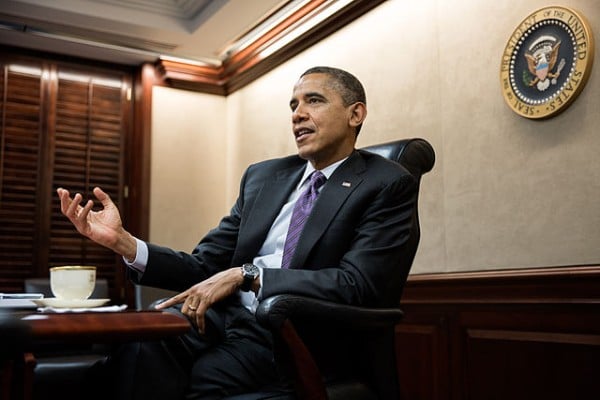
On Dec. 11, 2013, a U.S. drone strike mistakenly struck a wedding convoy in an isolated region of Yemen, taking out five suspected Al Qaeda militants along with a dozen civilians in the process.
The Obama administration’s “new” drone policy—announced by the president on May 23, 2013, in a speech at National Defense University—promised more transparency and oversight, and the White House listed the five “rules” of drone strikes. After all, noted the president, “The very precision of drone strikes and the necessary secrecy often involved in such actions can end up shielding our government from the public scrutiny that a troop deployment invites.” Hence, we have rules.
The “rules” dictate officials should be near certain that
It’s been several months since Obama’s NDU speech, and how much has changed? Not much. Little to nothing has also been said about the intelligence failure that lead a breach of the first “rule” of drone strikes. Civilian casualties were, said U.S. and Yemeni officials, a mistake—a victim of “near certainty.”
When requested to comment on Dec. 11 strike, a Pentagon spokeswoman referred a reporter to “a vague news release issued last week by the government of Yemen, written in Arabic.” In Yemen, officials initially claimed that all who died were militants. It was only after Yemeni officials acknowledge civilian casualties that lawmakers issued a “strong warning” to the U.S., recommending it cease drone operations in the country.
Stale policies yield stale results. Perhaps Obama should heed his own words: “For all the focus on the use of force, force alone cannot make us safe.”
Sick of depressing news? For a good satire piece on the Yemeni wedding convoy attack, head over to Duffle Blog: “Air Force Suspends Teleworking Drone Operator After Wedding Party Bombed.”